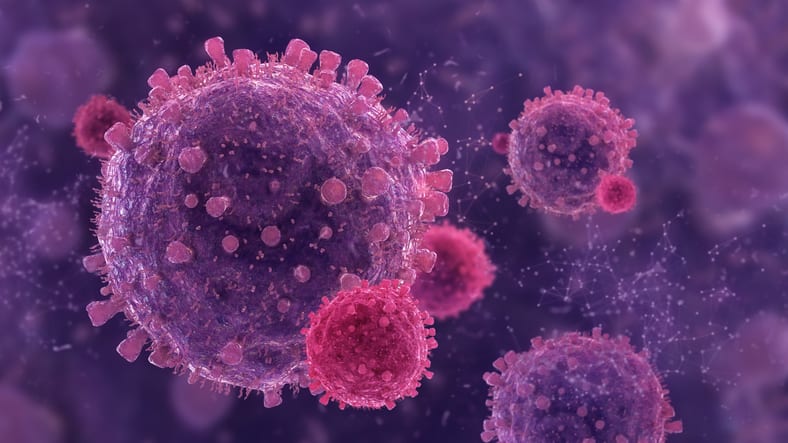Hartford HealthCare cancer specialists have delivered a new and exciting therapy to treat patients diagnosed with gastrointestinal neuroendocrine tumors, a relatively rare form of cancer. Dr. Andrew Salner is a radiation oncologist and Medical Director of the Hartford HealthCare Cancer Institute at Hartford Hospital.
Q: What are gastrointestinal neuroendocrine tumors?
A: These are a relatively rare group of tumors that arise from cells that have specific hormone producing functions in the body. The abdominal neuroendocrine tumors arise in the stomach, small intestine, appendix, large intestine and pancreas. They are also called carcinoid tumors, and can in selected patients cause carcinoid syndrome characterized by flushing, sweats and diarrhea. They tend to grow slowly though they vary in their level of malignancy, and can ultimately spread to other parts of the body.
Q: How does this new treatment – which involves radiation – work in the body?
A: These tumors, if localized can be removed by surgery. If more advanced, they have been a conundrum in that we can block some of the abnormal hormone production with medications to lessen symptoms but don’t have a good tumor shrinking therapy. Conventional chemotherapy agents do not work effectively. This new therapy, lutathera, consist of 2 parts, one that specifically binds to the receptor on the cancer cell, and the other is the radioactive molecule that delivers a potentially lethal punch to the cancer cell only.
Administration of this drug can be complicated. It is administered intravenously, but can injure the kidneys if not delivered with a protective amino acid IV solution and with a set of antinausea medications as well. It takes a team of infusion nurses, pharmacists, nuclear medicine and radiation safety staff to do give the 6-8 hour therapy well.
Q: Is it likely that other drugs like this will emerge for other tumor types?
A: This new class of drugs, Peptide Receptor Radionuclide Therapy, or PRRT, already has new agents in testing that target other types of cancer cells. I am extremely optimistic that this drug opens a door for new and exciting cancer therapies for patients otherwise challenging to treat effectively.
For more information about cancer care services at the Hartford HealthCare Cancer Institute at Hartford Hospital, call 1-855-255-6181, or click here.

